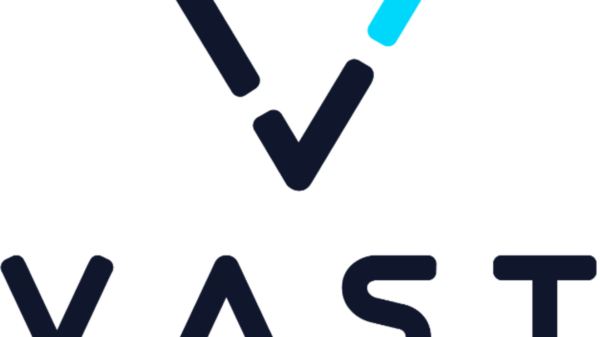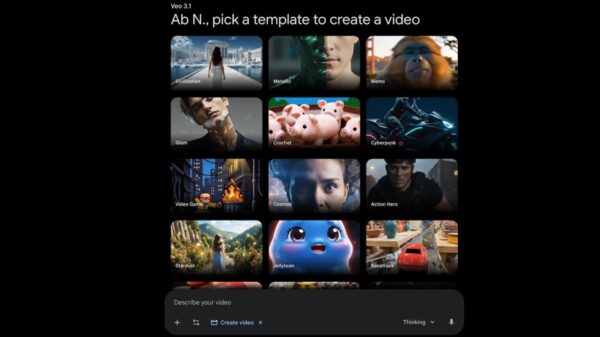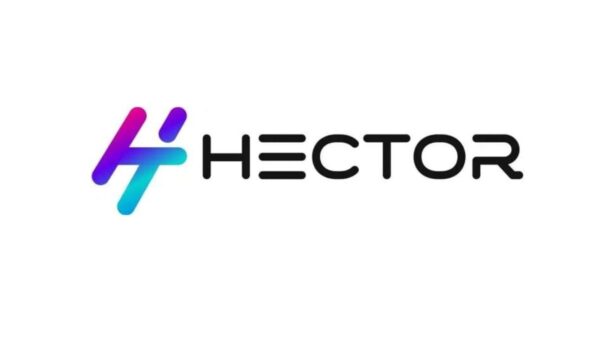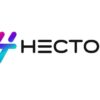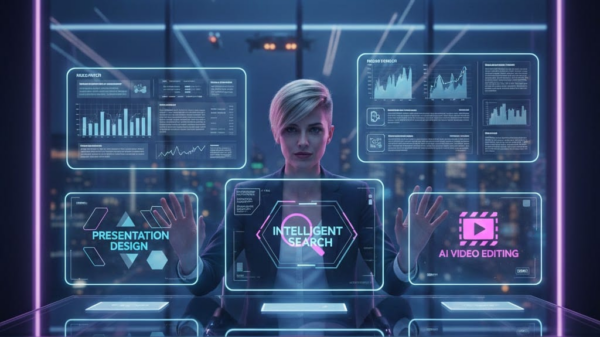The partnership between Balmoral State High School and the UQ Learning Lab has yielded significant insights into student motivations for utilizing generative AI tools such as ChatGPT, Gemini, and Copilot in their learning processes. This collaboration aims to enhance teachers’ understanding of these tools, ultimately informing effective teaching practices. As educators respond to student feedback, the focus now lies on building teacher capability and rethinking assessment designs to accommodate AI-enhanced learning.
Key Features
A primary goal of the investigation was to identify how and why students employ generative AI tools in various subjects, particularly English, Science, and Math, where 49% of students reported using AI in three or more subjects. The findings highlight a clear necessity for:
- Building teacher capability through professional learning communities (PLCs).
- Redesigning assessments to reflect the realities of AI-enhanced learning.
- Providing explicit guidance around the ethical and responsible use of AI tools.
The PLCs established across Balmoral SHS, Holland Park SHS, and Brisbane Bayside State College serve as platforms for teachers to share practices, experiment with AI, and reflect on how to ethically support students. This collaborative approach emphasizes that teachers are also learning alongside their students, reinforcing the concept of co-learning.
Use Cases and Who It’s For
The insights gained from the research demonstrate a shift in how students perceive and utilize AI tools. The most common applications include:
- Explaining difficult concepts (69% of students).
- Generating ideas (67% of students).
- Supporting grammar and punctuation (49% of students).
This trend indicates that students are not using AI merely as a shortcut but rather as a means to scaffold their learning experience. The importance of understanding ethical boundaries has also emerged, with only 24-34% of students believing that using AI constitutes cheating. Younger students tend to view AI usage as dishonest, while senior students regard it as a legitimate support tool. Importantly, students agree that while copying AI-generated work is unethical, using AI for feedback and idea generation is beneficial.
Furthermore, students express a desire for clarity regarding ethical AI use from their teachers. They seek practical demonstrations of how AI can support learning and transparency about how educators themselves utilize these tools. Ultimately, they are asking for guidance, collaboration, and trust in their learning journey.
Limitations or Risks
While the findings indicate a positive trend toward embracing AI in education, there are still limitations to consider. Younger students may require more explicit instruction and support to navigate ethical boundaries when using generative AI tools. Additionally, the perception of AI as a legitimate learning assistant varies among different age groups, which could impact the overall effectiveness of AI integration in the curriculum.
As schools transition from PLCs to a broader capability-building approach, the challenge lies in ensuring all teachers feel confident in not only using generative AI but also guiding students in its ethical and effective use. This transition aims to embed explicit instruction around AI across subjects, rather than confining it to isolated pockets of learning.
In summary, the collaboration between Balmoral State High School and UQ Learning Lab underscores the importance of understanding student motivations and attitudes toward AI tools. By fostering a culture of co-learning and ethical use, educators can better navigate the evolving landscape of AI in education, ensuring that both teachers and students grow together in their understanding and application of these technologies.
See also Iran Launches Specialized AI Park to Transform Technology Ecosystem, Says Deputy Minister
Iran Launches Specialized AI Park to Transform Technology Ecosystem, Says Deputy Minister YouTube, Facebook, and Instagram Require AI Content Labels Under New Indian Regulations
YouTube, Facebook, and Instagram Require AI Content Labels Under New Indian Regulations AI Adoption Soars: IBM’s Agentic AI Delivers $4.5B Impact for 270K Employees
AI Adoption Soars: IBM’s Agentic AI Delivers $4.5B Impact for 270K Employees Mixboard Launches Nano Banana Pro Integration, Reducing Creative Workflow Disruptions by 23%
Mixboard Launches Nano Banana Pro Integration, Reducing Creative Workflow Disruptions by 23% Artificial Intelligence Association of India Launches to Drive Ethical AI Growth
Artificial Intelligence Association of India Launches to Drive Ethical AI Growth













